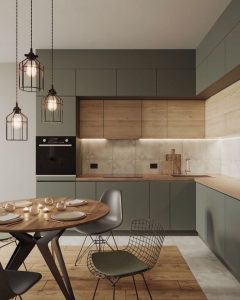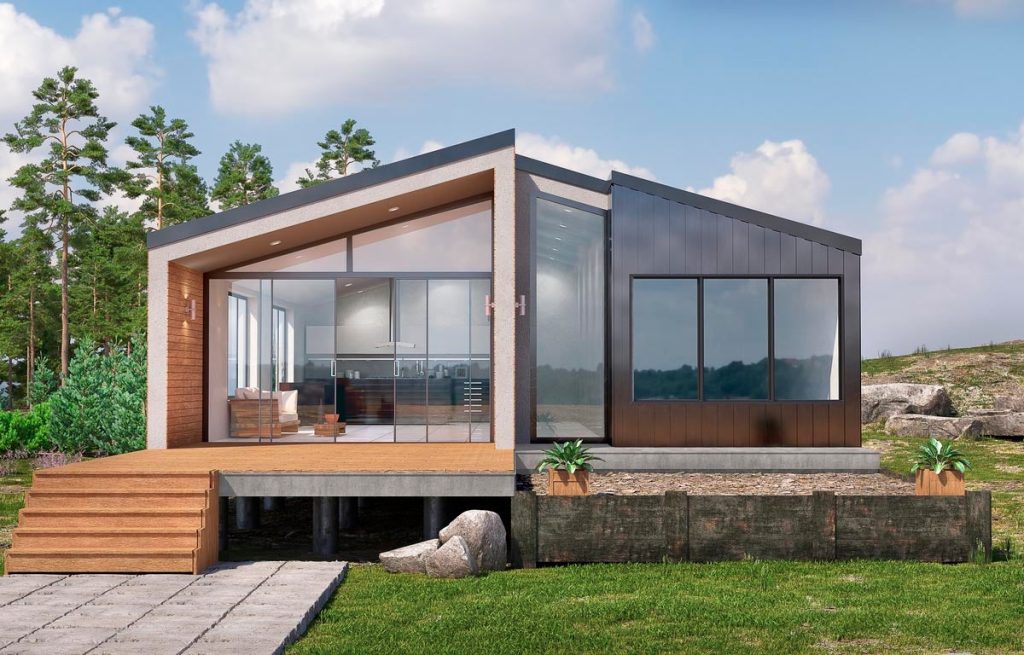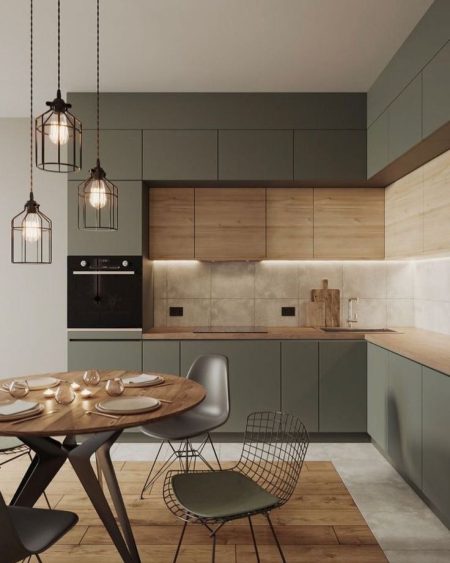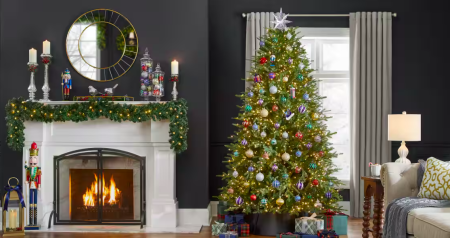With the increasing complexity and expense of traditional home construction, many prospective homeowners are exploring innovative alternatives that offer both financial and environmental sustainability.
One such intriguing option that has caught the public’s attention is the world of modular homes. What was once considered an unconventional choice is rapidly becoming a mainstream preference. Especially with home builders in Narre Warren leading the way in this exciting housing trend, the future of affordable, efficient home construction seems bright.
Understanding Modular Homes
The beauty of modular homes is in the name itself – these are houses constructed in ‘modules’, or parts, in a controlled, factory-like setting. Each module is built individually, following the exact architectural designs and quality standards. Once completed, these modules are transported to the site and assembled to create a comprehensive, beautiful home.
Why Modular Homes are Cost Effective
When comparing modular homes with traditional on-site construction, several factors contribute to their cost-effectiveness.
- Reduced Construction Time
Modular homes significantly cut down on construction time. While a traditional house may take anywhere from six months to a year (or even more) to build, a modular home can be completed within a few weeks. This reduction in time translates directly into saving costs on labour and resources.
Since the modules are built in a factory-like setting, it’s possible to create several identical parts at once. This replication leads to economies of scale, reducing the per-unit cost of each module.
Traditional construction often involves a considerable amount of material wastage. With modular homes, there is a meticulous planning process, and the construction happens in a controlled environment, minimising waste and, in turn, reducing costs.
Most modular homes are designed with energy efficiency in mind. They often include features like well-insulated walls, energy-efficient appliances, and solar panels. While these elements might increase the initial cost, they result in significant savings in the long run.
Final Thoughts
Modular homes are an impressive embodiment of innovation and sustainability in the housing industry. They are proving to be a cost-effective alternative to traditional building, offering savings in construction time, material costs, and energy consumption. The contribution of dedicated local builders adds to the credibility and reliability of this alternative home-building method.
As we continue to strive for a more sustainable, affordable, and efficient future, modular homes stand as a testament to the potential of innovative construction methods and technology.
Read the full article here









